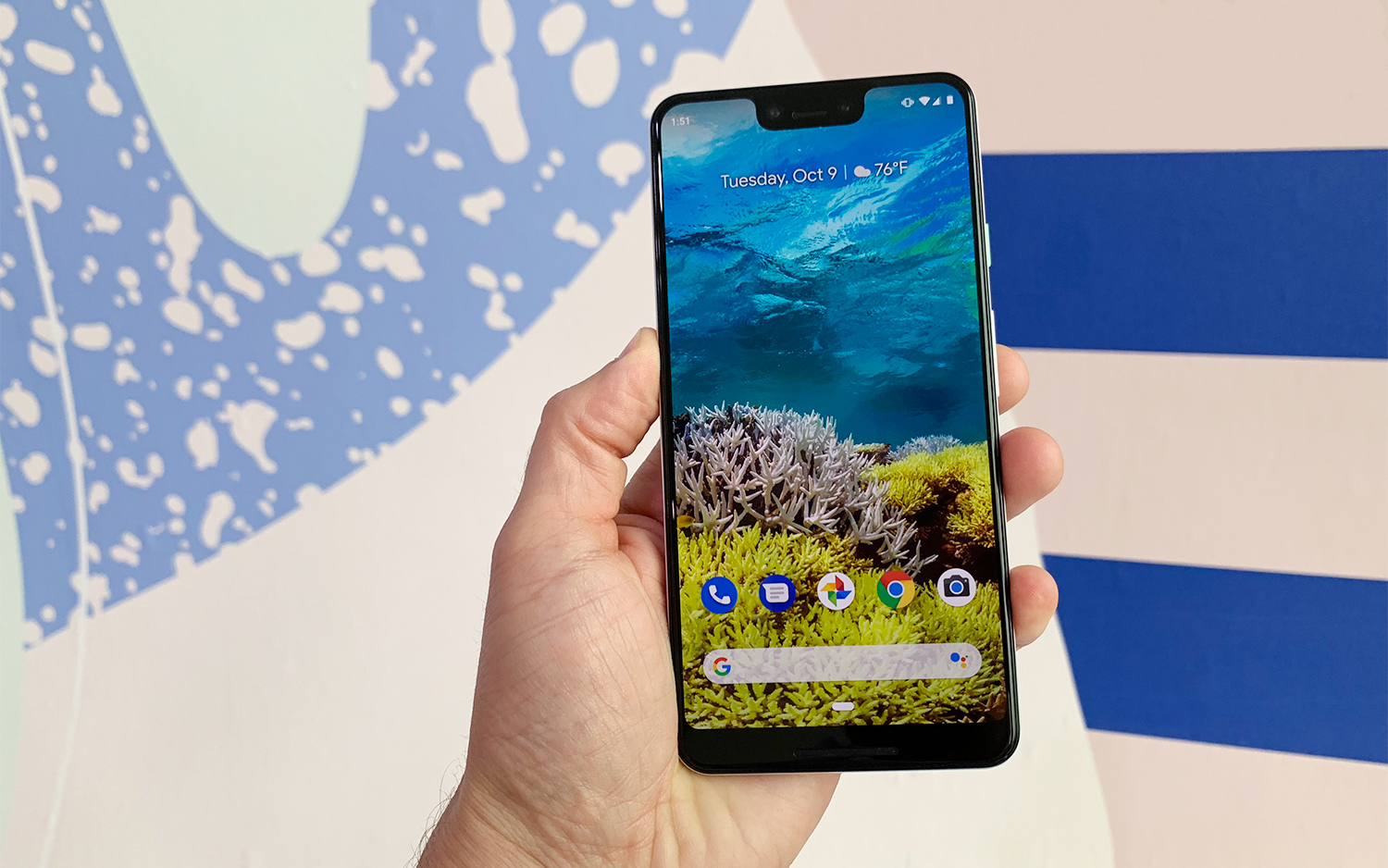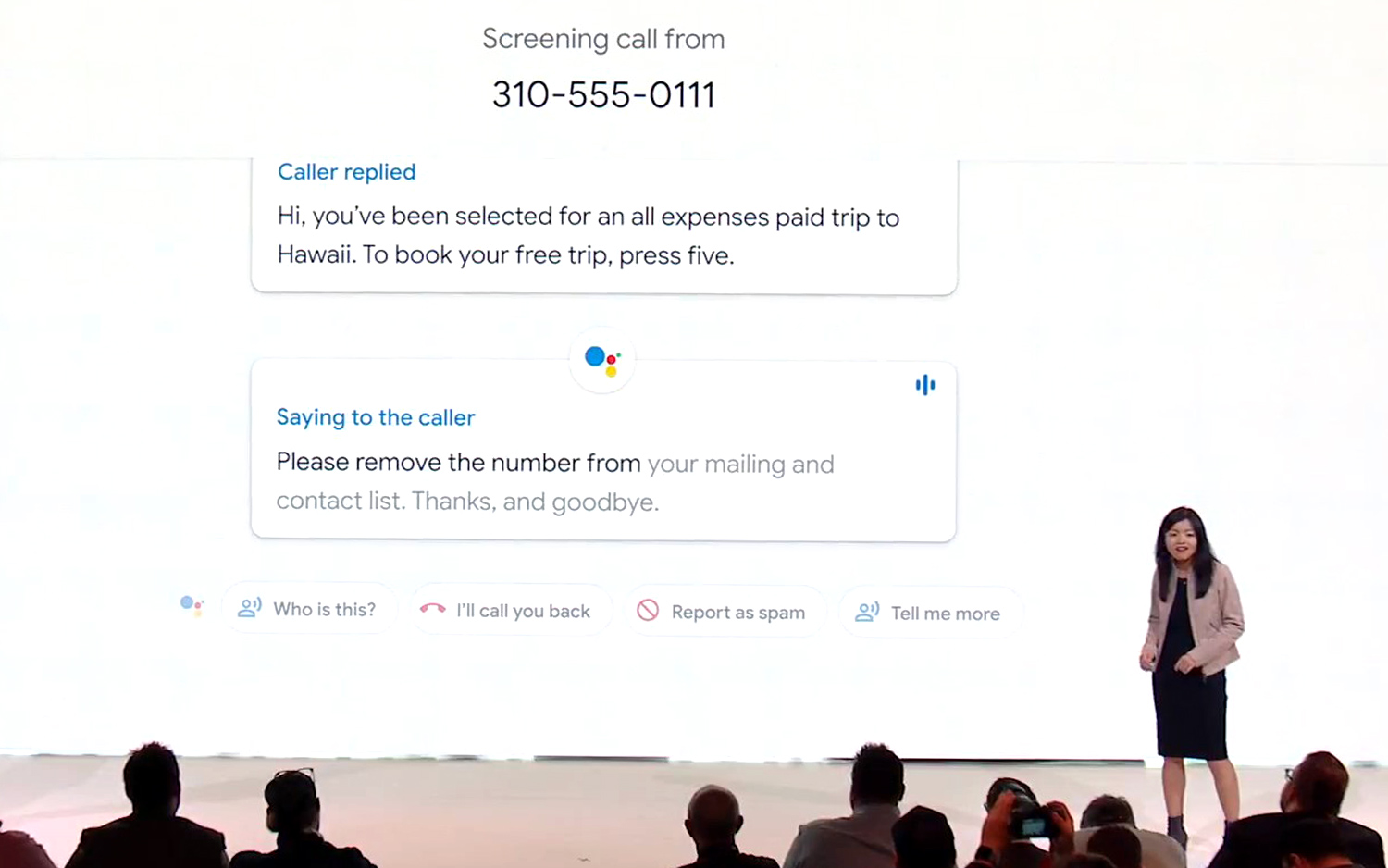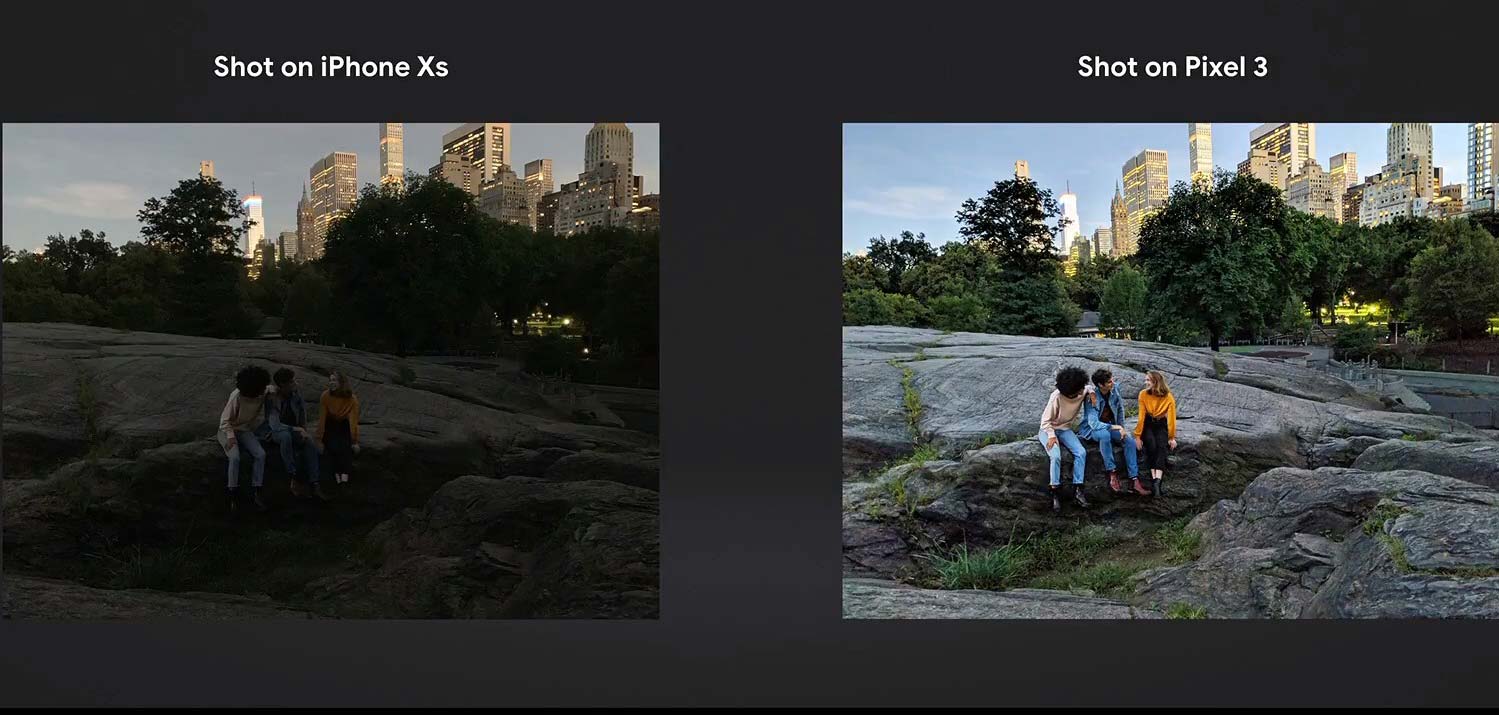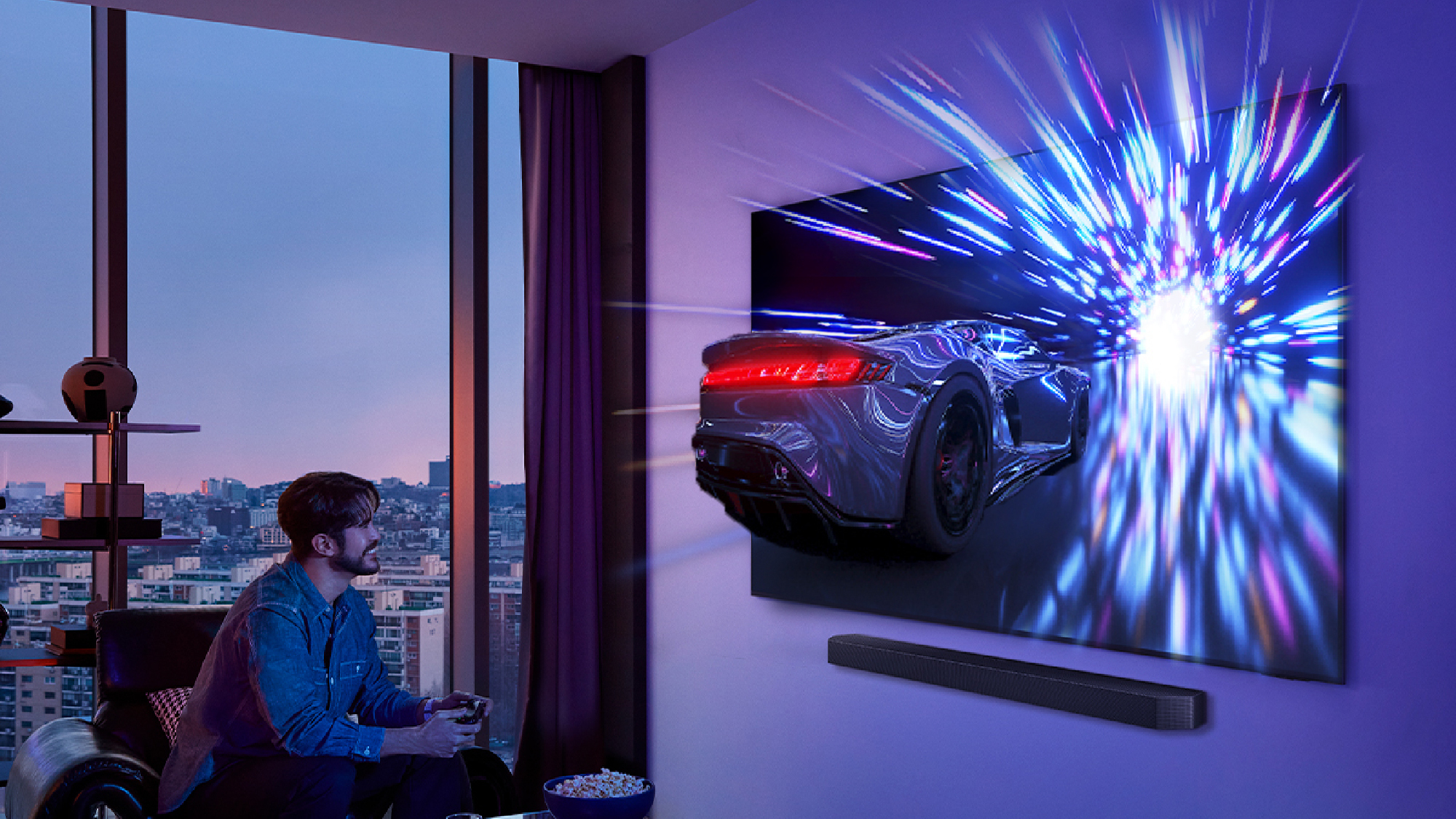Pixel 3's Huge AI Advantage Spells Trouble for Apple and Samsung
With the Pixel 3, Google is so far ahead of the iPhone XS and Note 9 in terms of artificial intelligence that the competition should be worried.
Google is convinced that, despite using arguably worse hardware, the new Pixel 3 can take better photos and videos than the new flagships from Apple, Samsung and Huawei.
Judging by Google’s own comparisons and early hands-on impressions, it seems the company may be right. And that’s an extremely important breakthrough, as it demonstrates that the next (pocket) computing war won’t be about hardware specs but AI.

If this is the case, nobody else in the smartphone market is better positioned than Google to win this game. The other top contenders vying for the smartphone throne just can’t compete against Google’s experience developing and using machine learning, a point that was stressed by the company as its Made by Google event this week.
Google has been developing and training its AI for many more years than Apple, Samsung and Huawei. Indeed, those companies are relatively new to AI and have only realized how important it is in recent years, adding dedicated neural processors to their hardware. But for Google, this has been the drive all along. For Larry Page, Sergei Brin, and company, AI is more important in the history of humanity than fire or electricity (as a friend in the valley tells me, the company’s ultimate objective is to eventually put an artificial intelligence as its CEO to win the tech wars once and for all.)
MORE: Google Pixel 3 Will Screen for Spam Calls
And while its phone competitors are putting lots of money and resources behind AI research, neither Apple nor Samsung or Huawei have access to the massive mountains of data that Google has acquired through two decades of operation — data that the company is feeding into the machine intelligences developed by the arguably best AI development teams in the planet: Google Brain and Deepmind.

Google Brain — the Mountain View company’s native artificial intelligence team — has been leading the AI field since the early 2010s. The team uses Google’s processing muscle to feed a machine learning monster with vast data resources to advance its language translation system and image searching, as well as its many assistant technologies.
he latest examples of this prowess have been the unrivaled Google Duplex — which can convince people it is a human assistant making calls for its human boss —- and the Pixel 3 camera AI, which has been condensed in a dedicated chip called the Visual Core, developed with Intel.
MORE: Google Duplex FAQ: Amazing (But Creepy) AI Explained
The London-based Deepmind — which is arguably the global leader in AI — was an independent company until Google-parent holding company Alphabet Inc. bought it in 2010. With its neuroscience-inspired research, it has achieved unparalleled feats like building mammalian-like brains that can navigate through mazes, a medical AI capable of detecting 50 eye diseases and explain its diagnoses, or Google’s new Assistant technology, which is why the Mountain View company bought it on the first place.

Only Facebook gets close to the AI firepower of Google, but Zuck and his minions don’t make phones. Apple has been trying to get up to speed with Siri and the use of AI in its camera software but —despite its recent hiring of Google’s AI chief — the efforts are not in the same galaxy as Google’s.
Meanwhile, Huawei is making extensive use of AI to take advantage of its three-sensor P20 Pro phone. Its progress is remarkable and, as a result, it’s arguably the king of the smartphone camera world (at least if you live somewhere where Huawei is selling the phone). But it’s doubtful that it will be able compete at the same level as Google in the future.
Which brings us back to the Pixel 3. On paper, it’s way more advanced than anything we have seen so far, and it’s all thanks to AI. How can a phone with a single sensor — no matter its dual-pixel technology — beat the current photo leaders? After all, the Huawei P20 Pro has a dedicated monochrome sensor to pick up details in low light shots. And a sensor with dedicated telephoto lenses. And the iPhone XS uses two cameras and AI to adjust depth of field on the fly. They have a clear hardware advantage, right?

So how can Google declare that the Pixel 3 produces clearer pictures, with more detail, color, zooming capabilities? And it is not only the quality — the Pixel 3 promises to beat those phones in terms of overall features, like taking the best possible photo no matter when you click the shutter button. The answer: it’s all about the AI.
Industry experts are now realizing that Google is not playing the hardware game. Sure, its phones are definitely not crap, but they seem designed exclusively to serve the software that powers them. “I like how clear Google is on all of its hardware: the designs are clean but the point of Google devices is not the hardware, it’s the software and services experience,” Avi Greengart, research director for consumer devices at GlobalData, told Tom’s Guide. “I will need to test it to see if it’s true, but Google is claiming that its single-camera system still has a significant lead over the two- and three-lens competition.”
We will need to test the Pixel 3, too but, if the company’s claims are right, Google may have just started the ultimate battle for world domination, one that Samsung and Apple will have an extremely hard time winning.
Sign up to get the BEST of Tom's Guide direct to your inbox.
Get instant access to breaking news, the hottest reviews, great deals and helpful tips.
Jesus Diaz founded the new Sploid for Gawker Media after seven years working at Gizmodo, where he helmed the lost-in-a-bar iPhone 4 story and wrote old angry man rants, among other things. He's a creative director, screenwriter, and producer at The Magic Sauce, and currently writes for Fast Company and Tom's Guide.
-
varase Heh.Reply
I'm sure everyone's comfort zone is fine with sending all your pictures, phone calls, and email up to Google's data vacuum cleaner in the sky.
As for the iPhone XS shot up there - which one of those buildings do you suppose was the focus point?
Don't be evil ... just don't get caught.

